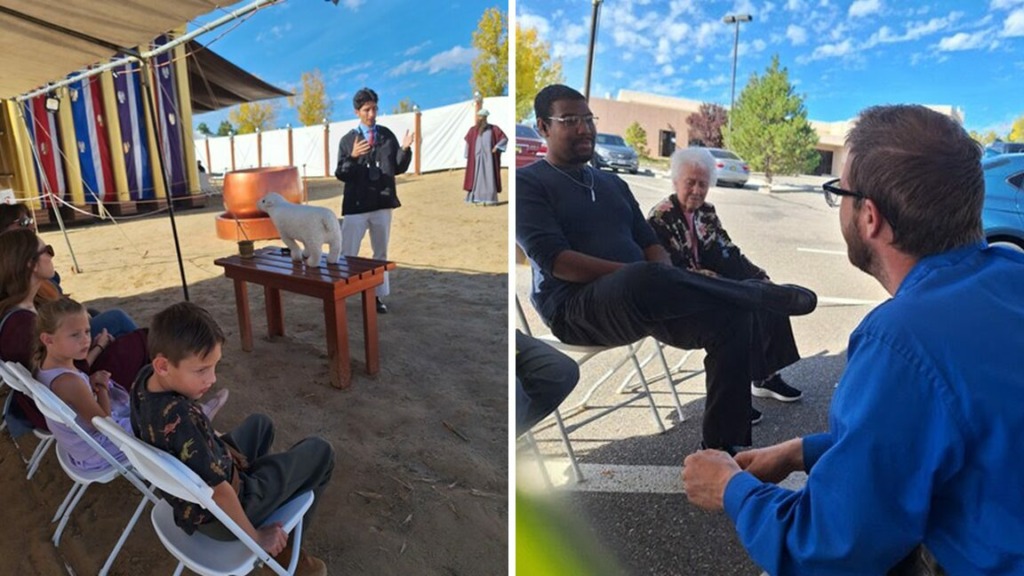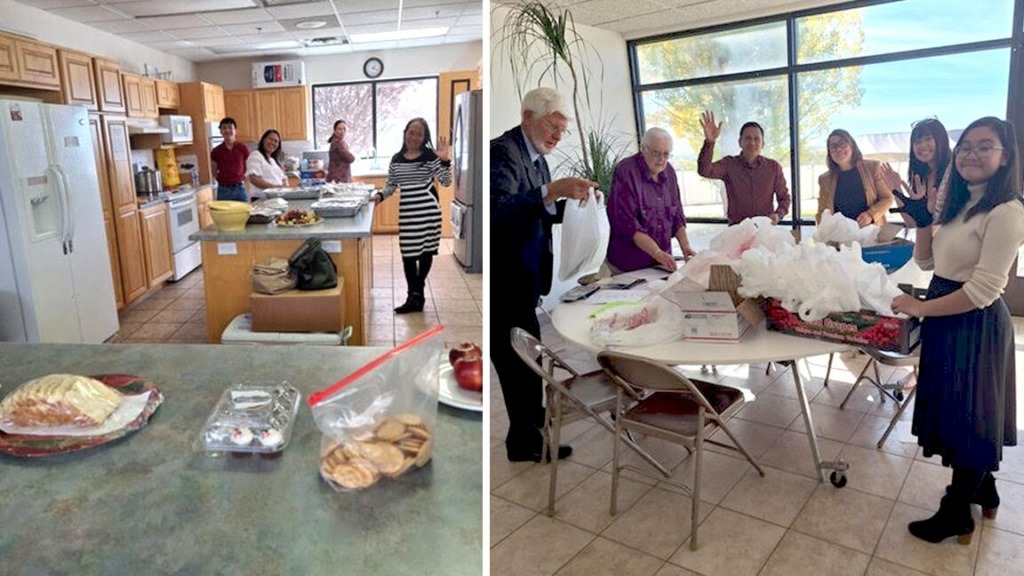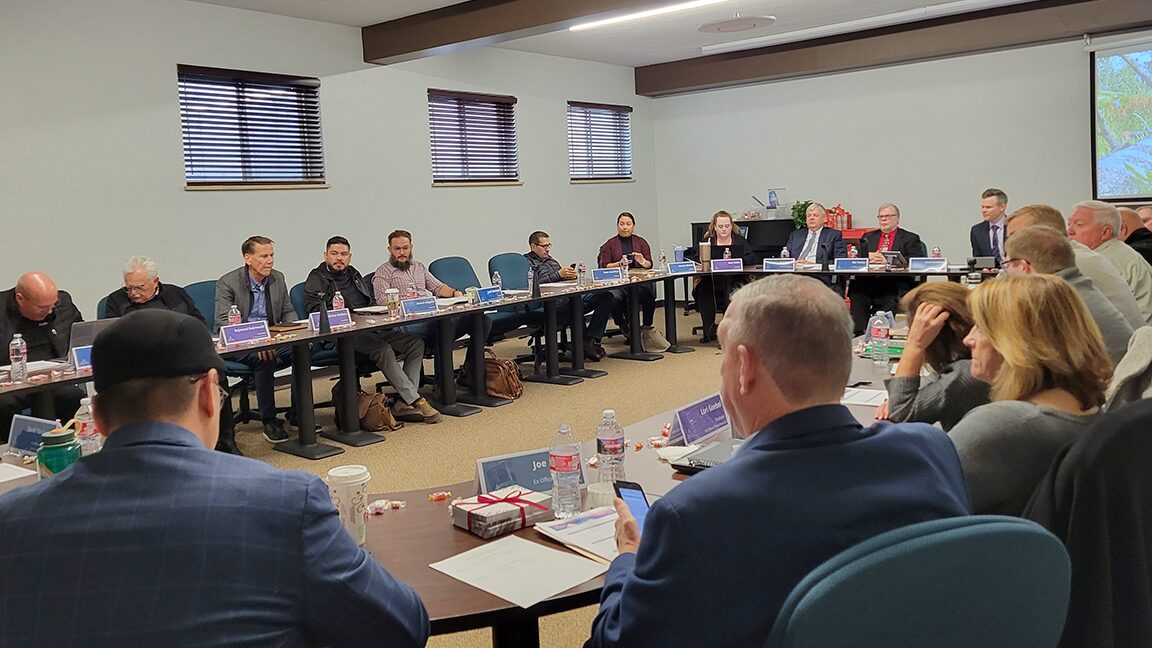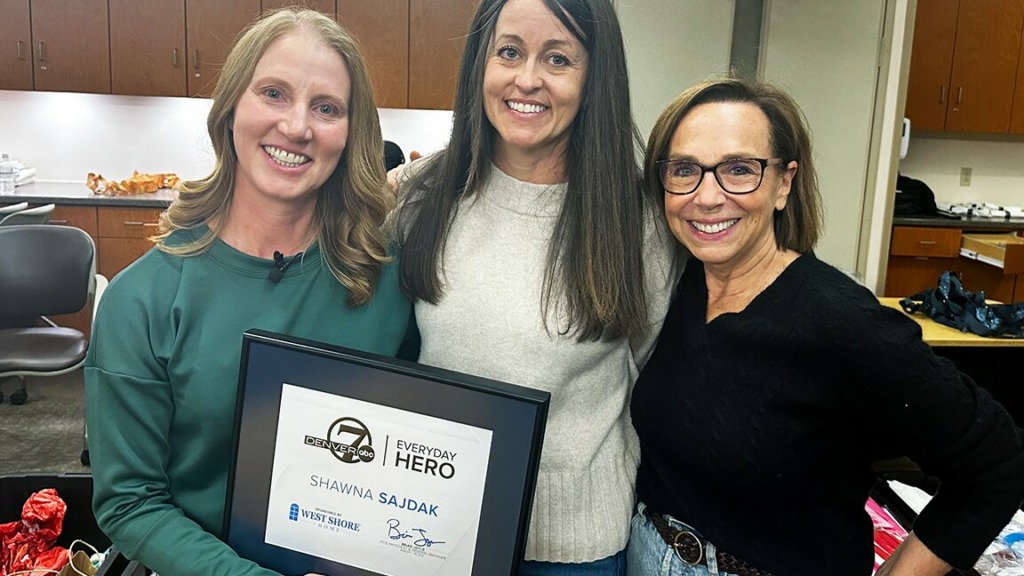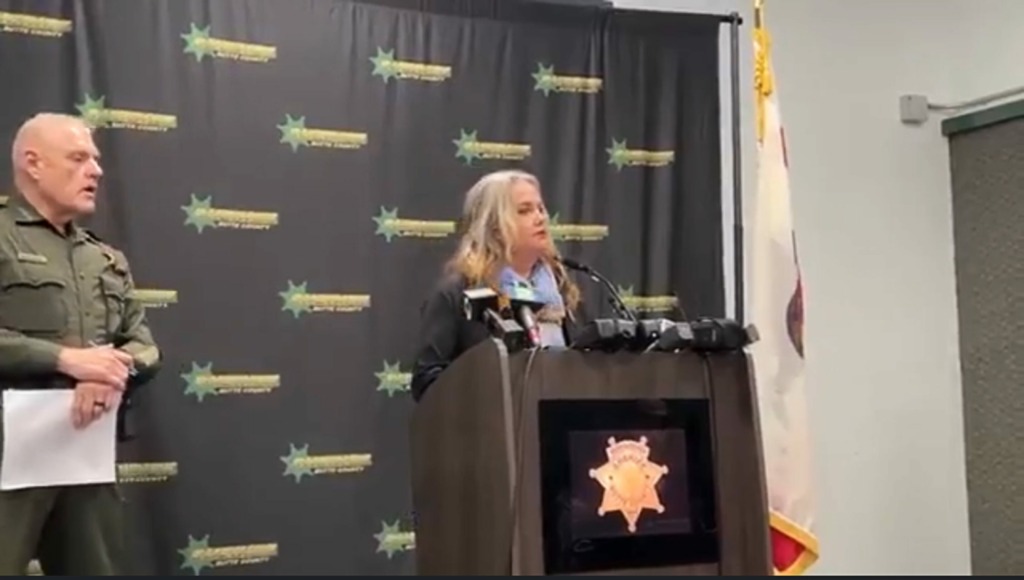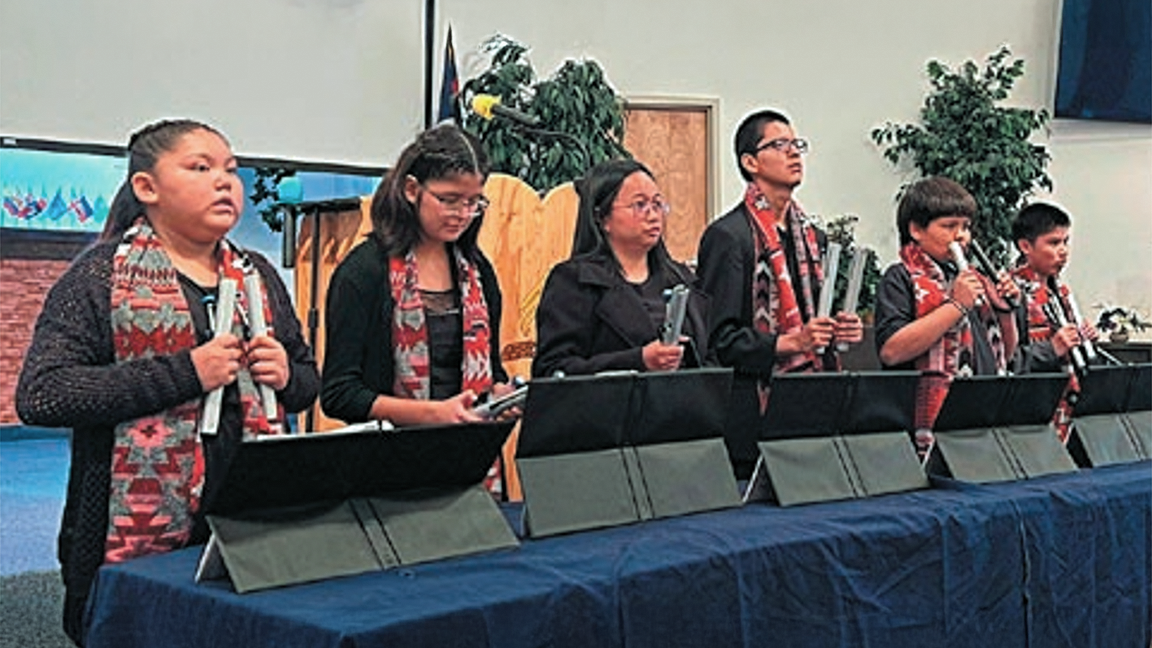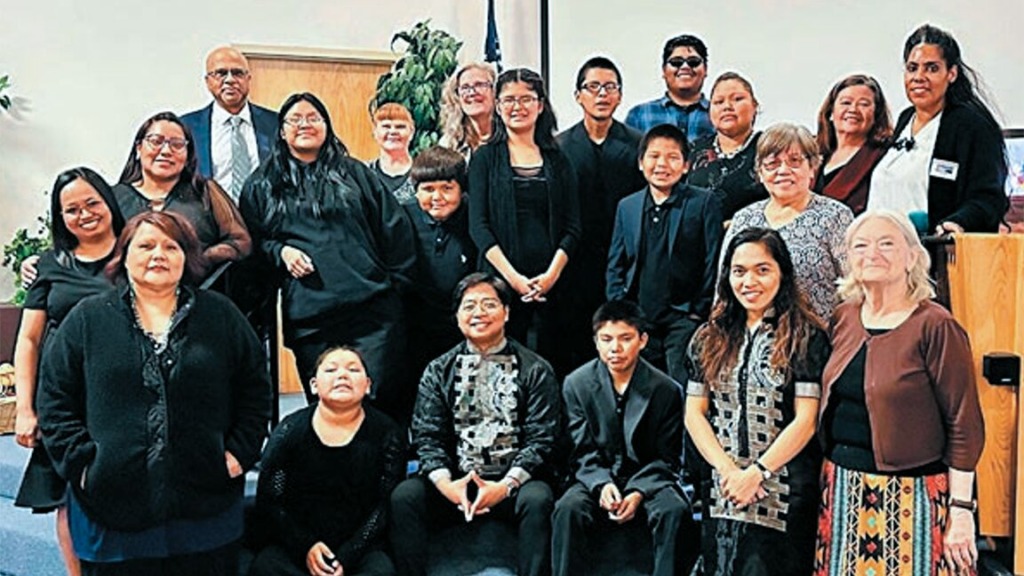Kelly Loney – Parker, Colorado … The holiday season takes on a special meaning thanks to “The Christmas Store,” a community-driven event that helps local children shop for Christmas gifts for their families in Parker, Colorado. With over 200 volunteers from the Newday Adventist Church, AdventHealth Parker, and Cardel Homes, the event provides kids the opportunity to choose gifts at no cost to them for their parents and siblings, ensuring families in need can experience the joy of Christmas.
This year marks the 13th annual Christmas Store, and its success is a testament to the dedication of volunteers who make it all happen.
A True Community Effort
“The Christmas Store fills my heart with joy. Seeing pure thankfulness from others is incredibly rewarding,” says David Watson, M.D., one of the many volunteers who returns year after year. Many other volunteers share his sentiment, including some who once benefited from the store and now return to give back.
The Christmas Store relies on a unique partnership between local organizations like Newday Church and AdventHealth Parker, as well as 14 public schools in the area. These schools play a key role in identifying families who need assistance each holiday season.
“Each school representative tells me how much the kids rave about The Christmas Store,” says Lisa Cardinal, Newday Church lead pastor. “Each school I visit greets me with open arms and hugs, sometimes tears, and often with the words, ‘There is so much need. You have no idea what this means to families.’”
More Than Just a Shopping Experience
Over the course of four days, more than 200 volunteers work in various roles, including hauling in and set-up, gift-wrapping, helping kids shop, and providing a listening ear. Many volunteers return year after year, making The Christmas Store a cherished tradition. “After my first time serving, I knew I wanted to come back next year,” says one volunteer.
One particularly moving story came from two emergency room nurses who volunteered this year. “They shared that they needed The Christmas Store more than the families shopping,” says Lisa. “Seeing so much pain and trauma every day, they needed to experience the joy and goodness of The Christmas Store.”
Each year, volunteers and families alike are also invited to attend Newday’s Christmas Worship Experience, deepening the connection between the community, volunteers, and those they serve.
A Gift That Keeps Giving
“The Christmas Store is an opportunity for families to experience the joy of the season,” says Shawna Sajdak, a volunteer recently honored with the Denver 7 “Everyday Hero” award. “One teenage girl smiled from ear to ear when she tried on a new pair of Nike shoes. Another boy was initially disappointed when a toy he wanted was taken, but when he found a different one, he smiled so big and said, ‘This is it!’ One mother told me, ‘You will never know how much this means to me!’” Stories like this fuel volunteers’ commitment to the event. They invest countless hours in shopping, decorating, and organizing because they know it’s making a real difference.
As the event grows, so does the sense of community. Volunteers from all walks of life come together to give back. This growing network of support ensures that the spirit of Christmas shines bright in Parker, not just through gifts, but through the generosity of those who serve.
How You Can Help
The Christmas Store is always looking for more hands to help make the season bright for families in need. Whether it’s through financial donation, volunteering your time, or sharing the message of the event, every contribution helps spread the love and joy of Christmas. If you are interested in The Christmas Store, click here to fill out a connect card.
In the midst of the hustle and bustle of the holiday season, The Christmas Store stands as a powerful reminder of what it means to give back, to serve, and to come together as a community—spreading hope, joy, and love to families.
—Kelly Loney is the director of communication at Newday Adventist Church. Photos supplied.



